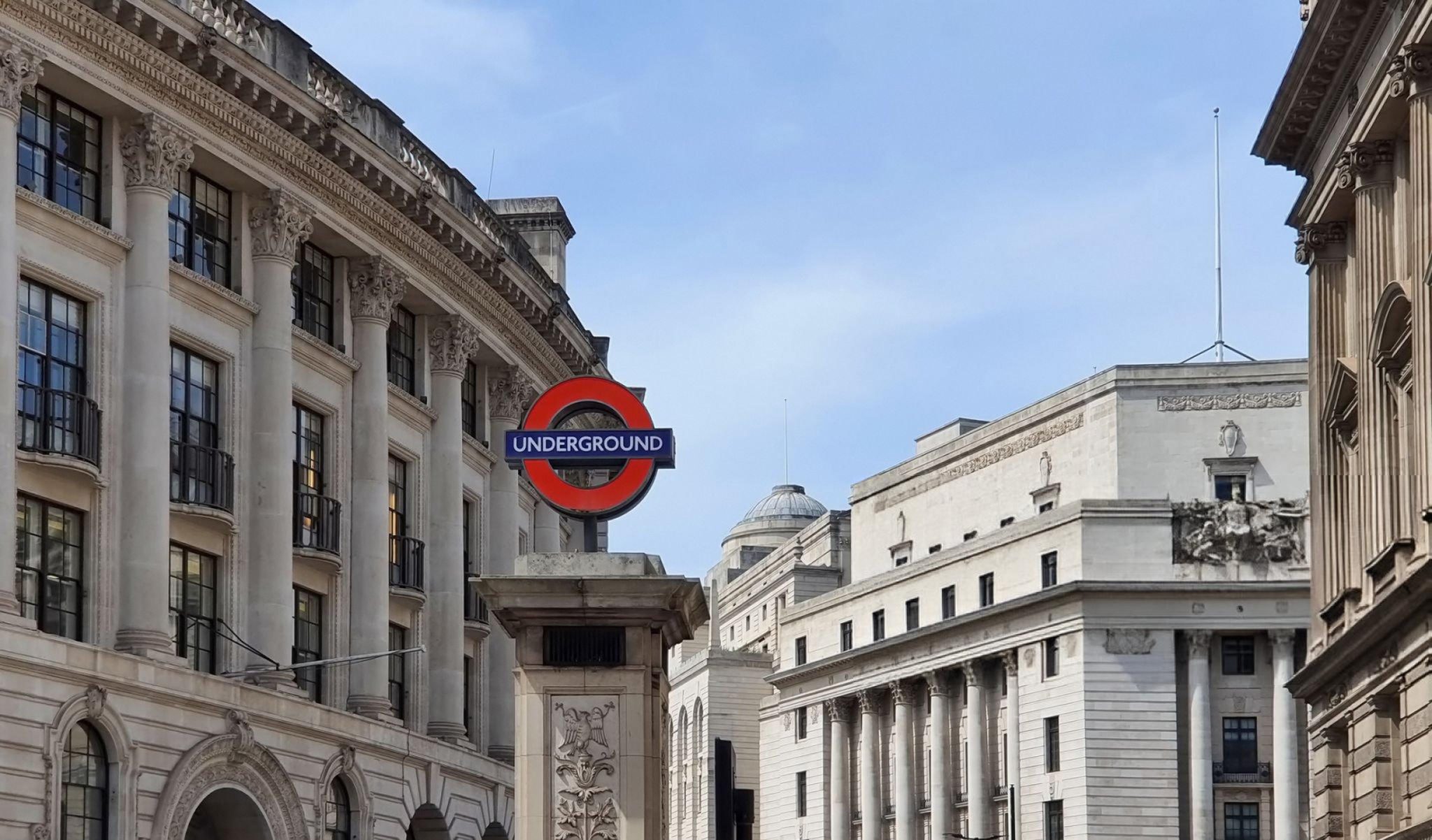The Government is facing mounting pressure to crack down on the growing number of unlawful short-term holiday lets across London, after new research revealed that over half of such properties in the capital are operating in breach of regulations.
According to a report by Central London Forward—a coalition of inner-city boroughs—more than 50 per cent of the 117,000 short-term let properties listed across the capital in 2024 were rented out for over 90 days in a year, contravening the legal limit. Under current rules, properties in London can only be let out for up to 90 nights per calendar year without requiring planning permission.
At the Centre for London’s annual housing summit held on Wednesday, Westminster City Council leader Adam Hug described the situation as “a profound problem”, warning that his borough is “at the epicentre of the issue”, with large clusters of short-term lets concentrated in the West End, Bayswater, Lancaster Gate, and parts of Pimlico.
“This concentration has a profound effect on our local communities,” he said. “It leads to the hollowing out of long-term residents, creates significant noise disruption, and results in fly-tipping linked to short-term let properties. But it also has a serious knock-on effect on our local services, which are forced to deal with the extra waste, noise complaints, and the rising pressure on the local housing market.”
Data in the report shows that the number of short-term lets has exploded over the past decade. In 2015, fewer than 30,000 such properties were recorded in London. That number doubled by 2016 and surged to over 100,000 by 2019. Although the figure dipped sharply in 2020 due to the COVID-19 pandemic, it has since recovered steadily.
The report calls for urgent government action, including mandatory national registration for short-term lets and a requirement for rental platforms such as Airbnb and Booking.com to share precise, unit-level data with both local authorities and central government.
“At present, it is almost impossible for councils to enforce the existing 90-day rule at scale,” said Mr Hug. “Short-term let platforms often obscure the true location of properties—listing them on a nearby street or withholding key identifying information. This makes it extremely difficult for already overstretched planning enforcement teams to gather the necessary evidence for legal action.”
He stressed that local authorities need stronger tools and greater transparency from rental platforms, urging the national government to step in and provide the regulatory framework needed to manage the sector effectively.
Tom Copley, Deputy Mayor of London for Housing and Residential Development, echoed these concerns and threw his support behind the report. “The current regulations are utterly inadequate,” he said. “Local authorities technically have enforcement powers, but in reality, they are unable to use them. This is affecting thousands of Londoners.”
He noted that there are currently around 65,000 homeless households in London living in temporary accommodation. “We desperately need these properties to be brought back into use as long-term homes—either for rent or for purchase by people who want to live in them.”
In response, a Government spokesperson told the Evening Standard: “The short-term let sector has grown rapidly in recent years. While this growth brings economic benefits and supports tourism, we recognise that excessive concentrations of short-term lets in certain areas can drive up housing costs and damage local communities.
“That is why we have abolished the furnished holiday lets tax regime, removing incentives for landlords to rent homes as holiday lets. We are also introducing a national short-term let registration scheme to ensure we can balance a thriving tourist economy with the needs of local communities. We continue to consider further action where necessary.”
With pressure building from councils and campaigners alike, the question remains whether ministers will deliver meaningful reform before more communities face disruption and further homes are lost from London’s strained housing stock.






